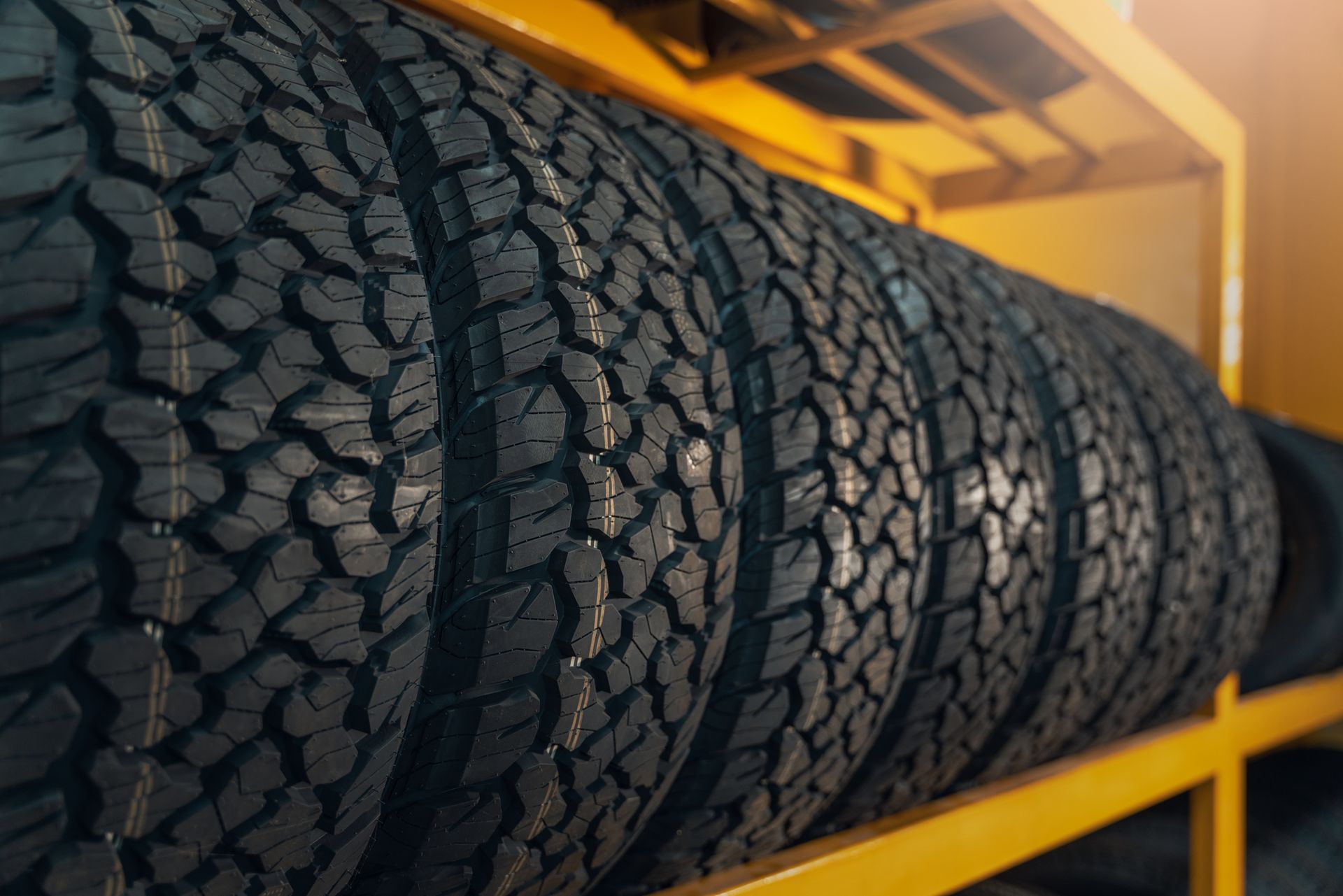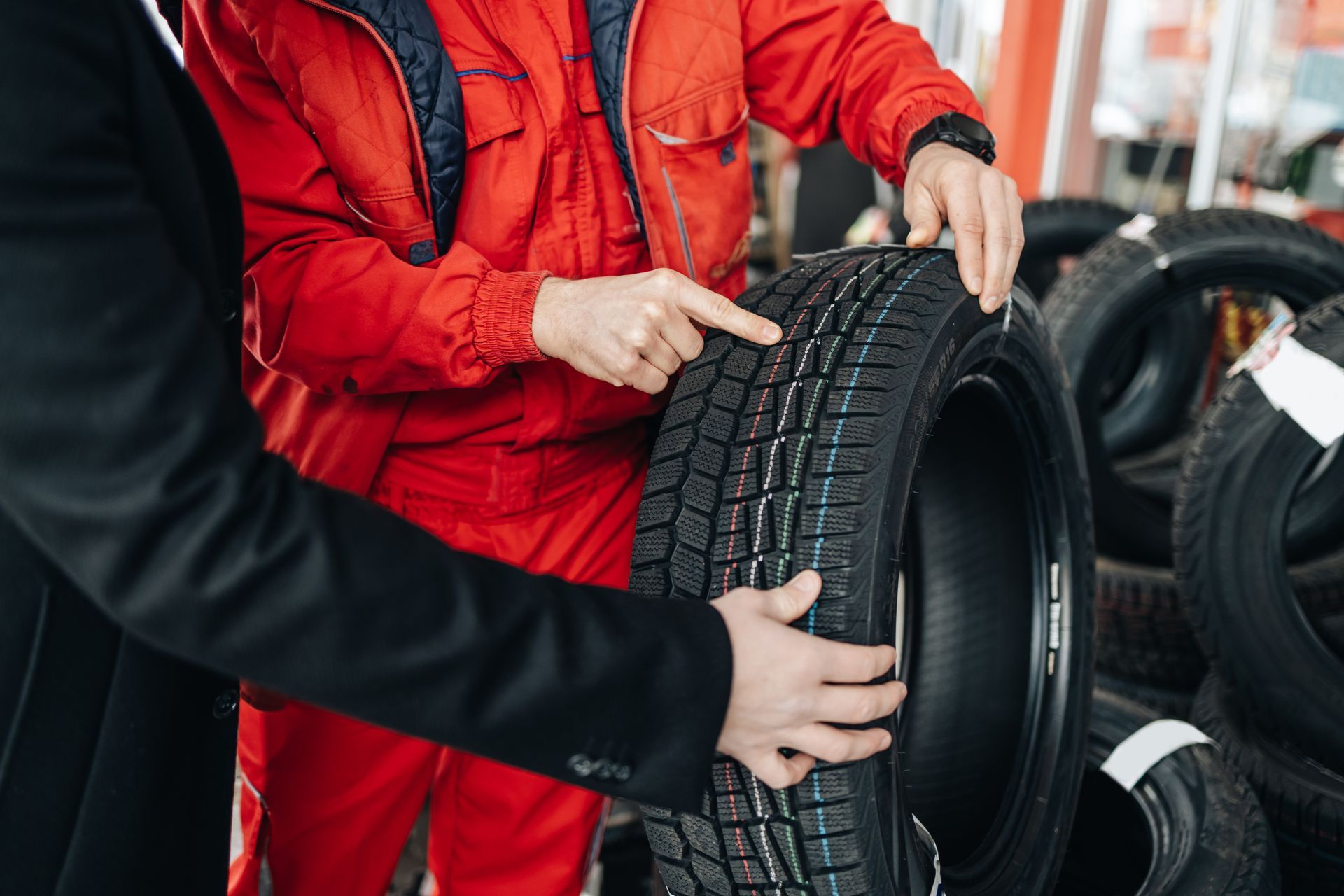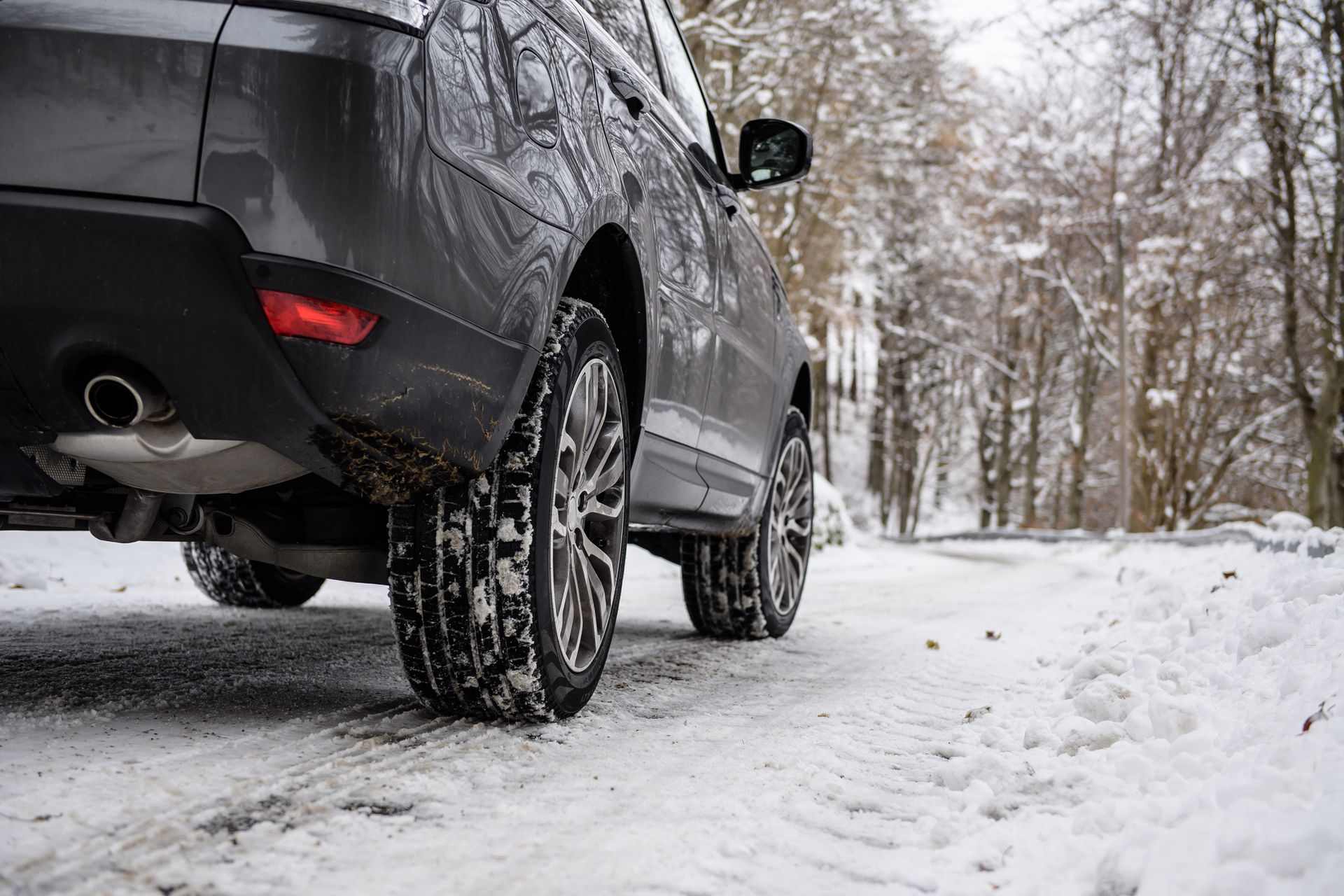Signs It's Time for New Vehicle Tires in Lincoln, NE
Have you ever wondered whether your tires are still safe to drive on or if it’s time to invest in new vehicle tires in Lincoln, NE? Tires are the only point of contact your vehicle has with the road, and ensuring they are in good condition is essential for your safety, especially on Lincoln’s diverse roads and climate conditions. Whether you drive around the city streets, highways, or rural roads, keeping an eye on your tires’ condition will prevent costly repairs and dangerous situations. At Hillis 66, we’re dedicated to helping you identify when you need to replace your tires and how to choose the best new vehicle tires in Lincoln, NE, for your specific needs.
Replacing your tires isn’t just about meeting a schedule—it’s about recognizing the right signs that your current tires have worn past their optimal performance. In this comprehensive guide, you’ll discover the visual signs, performance indicators, and the risks of delaying tire replacement. If you’re ready for quality new tires in Lincoln, NE, let us help you every step of the way.
Understanding the Importance of Quality New Vehicle Tires
Before diving into the signs that indicate it’s time for new vehicle tires, it’s worth emphasizing why quality matters. New tires not only improve your vehicle’s traction and handling but also impact fuel efficiency and braking performance. The right tires for your car or truck will maximize safety and comfort on Lincoln’s streets, from handling wet pavements to providing stability during winter conditions.
When shopping for new vehicle tires in Lincoln, NE, consider factors such as tire size, tread pattern, and performance class. Hillis 66 can help you select tires that match your driving style and budget without compromising quality.
Visual Signs: Detecting When Your Tires Need Replacement
Performing regular visual inspections can save you trouble down the road. Here are crucial signs to watch for in your tires:
1. Low Tread Depth
Tread depth is the most straightforward indicator of tire health. Tires with worn tread struggle to grip wet or icy roads, increasing your risk of skidding or hydroplaning. The legal minimum tread depth in most places is 2/32 of an inch, but many experts recommend replacing your tires once they reach 4/32 of an inch for enhanced safety.
Use the penny test as a quick way to measure tread depth:
- Insert a penny into a tread groove with Lincoln’s head upside down.
- If you see all of Lincoln’s head, it’s time to start looking for new vehicle tires.
If your tread depth is dangerously low, it’s time to replace your tires immediately before venturing out on wet or slippery roads.
2. Uneven Wear Patterns
Uneven wear often results from improper tire inflation, misalignment, or suspension issues. When certain parts of the tire wear faster than others, your vehicle’s handling can be compromised, and you might experience pulling or vibrations. Uneven wear is a strong sign that your tires might be nearing the end of their usable life and should be reviewed by a professional. It might also be a good prompt to install new vehicle tires matched and balanced to avoid further issues.

3. Cracking, Bulges, or Sidewall Damage
The sidewall of your tire withstands tremendous pressure and stress. Cracks, splits, bulges, or blisters on the sidewall suggest weakened tire integrity and a higher risk of tire failure. These defects can appear from exposure to harsh weather, road hazards, or aging. When you notice any such damage, it’s critical to replace your tire immediately with reliable new vehicle tires to avoid blowouts.
4. Tire Age Matters
Even if your tread looks fine, tires don’t last forever. Rubber degrades over time, so many manufacturers recommend replacing tires every six years regardless of wear. If you’re unsure about your tires’ age, check for the DOT code on the sidewall, which indicates the manufacture date.
Performance Clues: How Your Ride Can Signal Tire Trouble
Your car “feels” the wear on your tires, and sometimes it tries to tell you before visible damage shows up.
1. Noticeable Vibrations
Do you feel vibrations through the steering wheel or the seat? This could mean your tires are out of balance, unevenly worn, or internally damaged. Ignoring these can worsen suspension problems or cause unstable handling—another hint it’s time for new vehicle tires.
2. Longer Stopping Distances
If your vehicle takes noticeably longer to stop, your tires’ ability to grip the road has diminished. This is especially hazardous in wet or icy conditions common in Lincoln. Tires with reduced tread or compromised rubber can dramatically lengthen braking distances.
3. Hydroplaning Risks Increased
Hydroplaning occurs when a layer of water comes between your tires and the road, causing loss of traction. Worn tires with shallow tread can’t move water aside efficiently and increase this risk significantly. If you’ve encountered hydroplaning, your tires may be telling you it’s time for replacement.
Don’t Delay: The Risks of Waiting to Replace Your Tires
It might be tempting to wait and squeeze out a few extra miles from your tires, but delaying replacement increases the risk of accidents and can damage your vehicle’s suspension and steering components due to uneven wear. Worn tires contribute to poor fuel economy and can cause costly mechanical failures.
Investing in new vehicle tires promptly ensures your car drives smoothly, stops safely, and handles Lincoln’s variable weather with confidence. The peace of mind you gain is well worth the cost.
Don’t Wait—Get Expert Help With New Tires in Lincoln, NE, Today!
If you suspect it’s time for new vehicle tires in Lincoln, NE, or you want a professional inspection to be sure, don’t hesitate to reach out to Hillis 66. Our team of tire experts offers high-quality new vehicle tires in Lincoln, NE, and can recommend the best options tailored to your driving needs and budget.
With over decades of experience serving Lincoln drivers, Hillis 66 is your reliable source for top tire brands and exceptional customer service. Don’t compromise your safety or comfort on the road—contact us today at
(402) 474-2891 or visit our
contact page to schedule a tire inspection or consultation.

